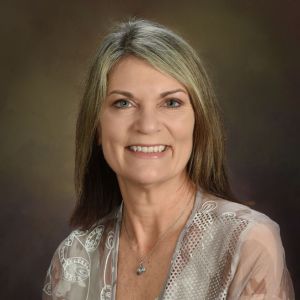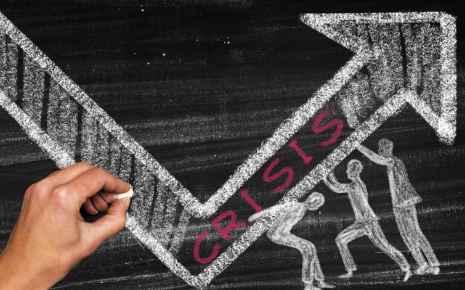Coronavirus continues to wreak havoc on communities around the world. From the one-person business to the largest corporation, from the smallest hamlet to the federal government, we are all working on bringing back economic prosperity while keeping people healthy and safe. Towns, cities, and counties want their local economy back on track and are partnering with their economic development organizations (EDOs) to make this happen. EDOs are implementing new initiatives to support all parts of the business community when they typically support larger employers. Still, while they are working to address critical issues created by the threats of COVID-19, they cannot lose sight of the long game of growing more jobs and increasing capital investment.
What is the economic development long game?
Traditional economic development focuses on attracting businesses, typically in traded sectors, using targeted marketing, or existing industry expansion through aggressive business retention programs. Traded-sector businesses sell goods and services outside of the community and bring new revenue to the community. The traded-sector companies buy local goods and services and, more importantly, have employees that spend much of their paychecks in the community.
When a community has a healthy base of traded-sector industries, businesses that sell most or all of their goods and services in the local economy also thrive. For every skilled job the traded sector creates, the non-traded sector creates 2.5 jobs. In comparison, for every job the non-traded sector creates, only one new additional job is created. Effective EDOs work not only to increase the number of traded-sector businesses but also to diversify the industries represented in their community. Economic diversity keeps the economy more resilient through market fluctuations.
Local governments often invest the most in EDOs. Why?
Successful EDOs mean an increase in property zoned commercial and industrial (C&I). Property tax is the biggest source of revenue for local governments, and C&I property yield the highest return to those governments. The Farmland Trust has done more than 150 cost-of-community-services studies across the United States. They show that, on average, the median cost per each dollar of revenue raised to provide public services for C&I property was $0.29, for working and open space property was $0.35, and for residential property was $1.16. Since residential property, on average, uses more services than taxes paid, C&I help keep residential property taxes from becoming too burdensome. While some C&I properties receive incentives and abatements, they nearly always generate more property tax than the taxes on the property before the deal.
Should we focus on now or focus on later?
EDOs are working hard to help businesses open and jumpstart the economy. Some communities, like Raleigh, North Carolina, understand this. Raleigh City Council voted unanimously to proactively designate $1 million to support Raleigh's small businesses during this time of crisis. Two days later, Mayor Mary-Ann Baldwin joined a conference call hosted by the Raleigh Chamber and local EDO (Wake County Economic Development) with 45 Raleigh business leaders and challenged them to match the City's $1 million commitment to create a $2 million Small Business Support Fund. In its first 10 days alone, this fundraising effort had reached 20 percent of its goal.
The Greater Raleigh Chamber just completed a five-year campaign for their long game, and their local governments are maintaining their commitments to that as well. They already see the dividends. On April 7, Bandwidth announced they were expanding, bringing more than 1,100 jobs and more than $103 million in capital investment. Raleigh and Wake County understand they must invest for now and for the future.
While we reopen the economy, support from businesses that were not impacted by COVID-19 and local governments can help ease the transition in the short term. However, communities must not ignore their future. The financial case for proactive economic development is sound. Communities that invest in growing their business base, even in economically challenging times, will be better off. Economic development works now and in the future.







